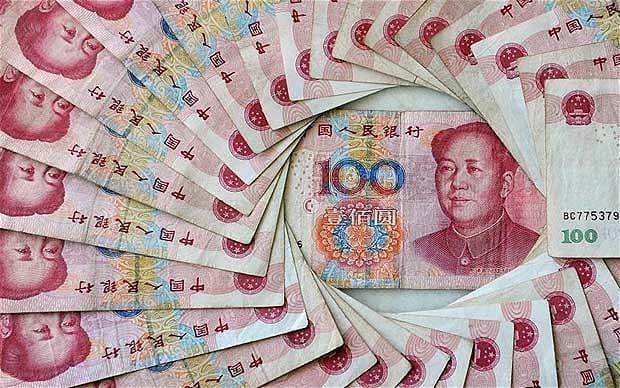How China Became The World’s #1 Economy

May 15 | 2017

In 1872 the United States would overtake Great Britain as the world’s # 1 economy. Ulysses S. Grant was president. The U.S. would hold that title staunchly for the next 140 some odd years. But now the international consensus is that China either currently is, or inevitably will be in the very near future, the world’s largest economy.
Back in 1970, the United States accounted for 21.2% of the global economic output, this would last until the year 2000. Since then that number has been on a pretty steady annual decline. It is currently around 16.7% and it is estimated to be as low as 14.9% by 2025. Meanwhile, in China, global output for the year 1970 was a paltry 4.1%. With a show of sheer economic grit and might, that number is up to 15.6% and rising.
China would enact economic and social reforms that would help elevate 800 million of its population out of poverty. Though still technically a communist government, laws and policies were put into place to open China up to the market. This allows China to be a player on the global stage.
For the longest time, the United States maintained the world’s #1 economy with the #3 population. The U.S. since its innovations of the Industrial Age has had a production rate like no other. China’s staggering 1.36 billion person strong population is starting to catch up on the productivity rate. While there’s still a long way to go, as long as productivity continues to increase, the sheer size of China’s population seats it at #1. Then there is China’s booming auto industry, which is crushing it with it’s low production costs and beginning to pose a serious competition with U.S. automakers, unless stiff tariffs are imposed. In the wake of President Trump’s recent meeting with the Chinese President, we’ve seen new trade arrangements made to try and keep the U.S. on par with Chinese economic growth.
This isn’t necessarily a bad thing for Americans. Since the 90’s we’ve benefitted from all those inexpensive goods that read “Made in China”. It benefits the total global economy. On a global scale, poverty is decreased by nations such as China and India emerging as super-powers with their productivity matching up with their populations.
Then there are the wonders of if the stats are even real. Some skeptics have studies that show that the numbers coming from China may not be as robust as implied. Even the current IMF standing only has China as #1 for PPP – purchase power parity. The U.S. still leads in GDP and that could go on unchanged for still quite some time. However China’s growth has been unprecedented and something to applaud, and it inevitably raises its stock on the global market.











